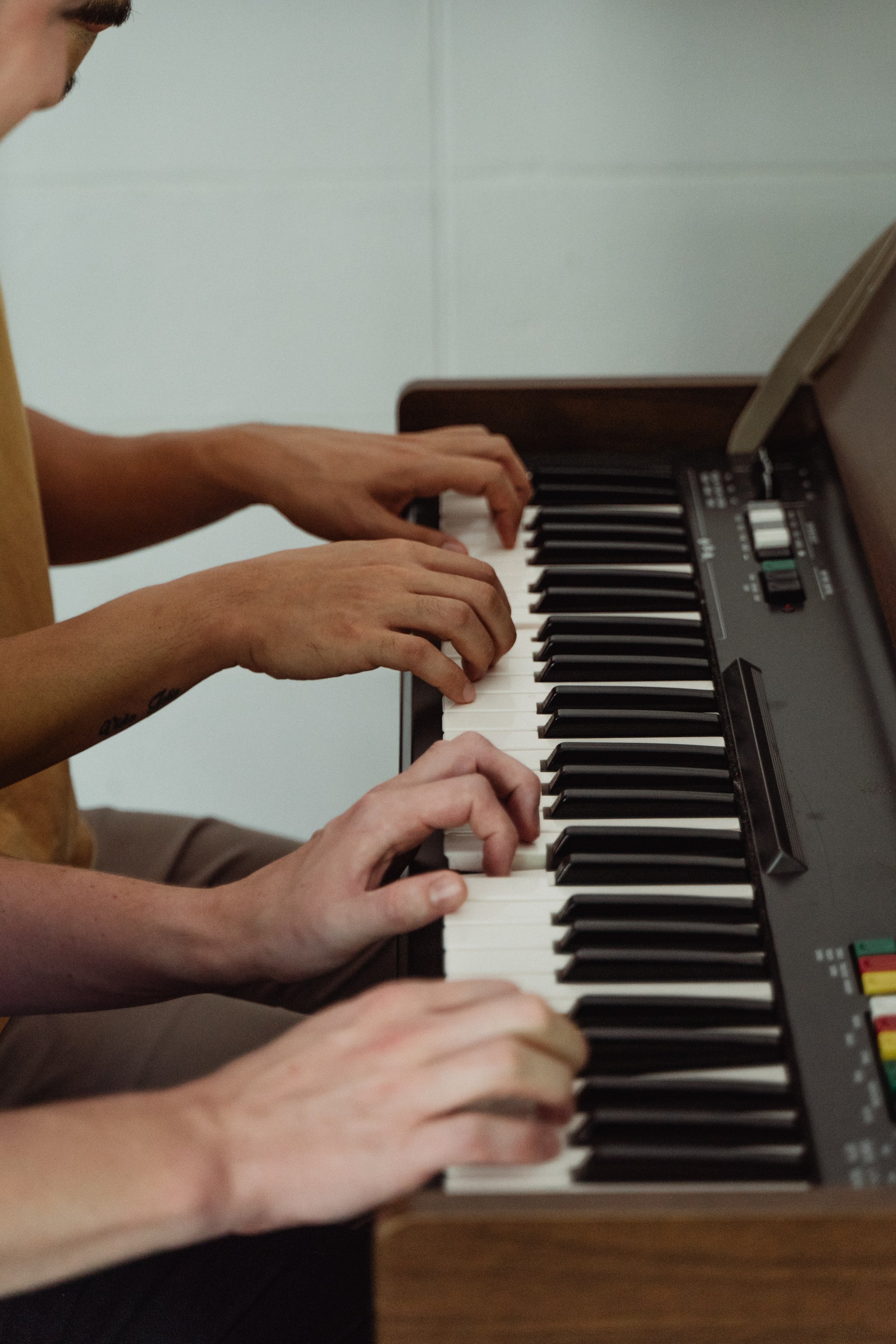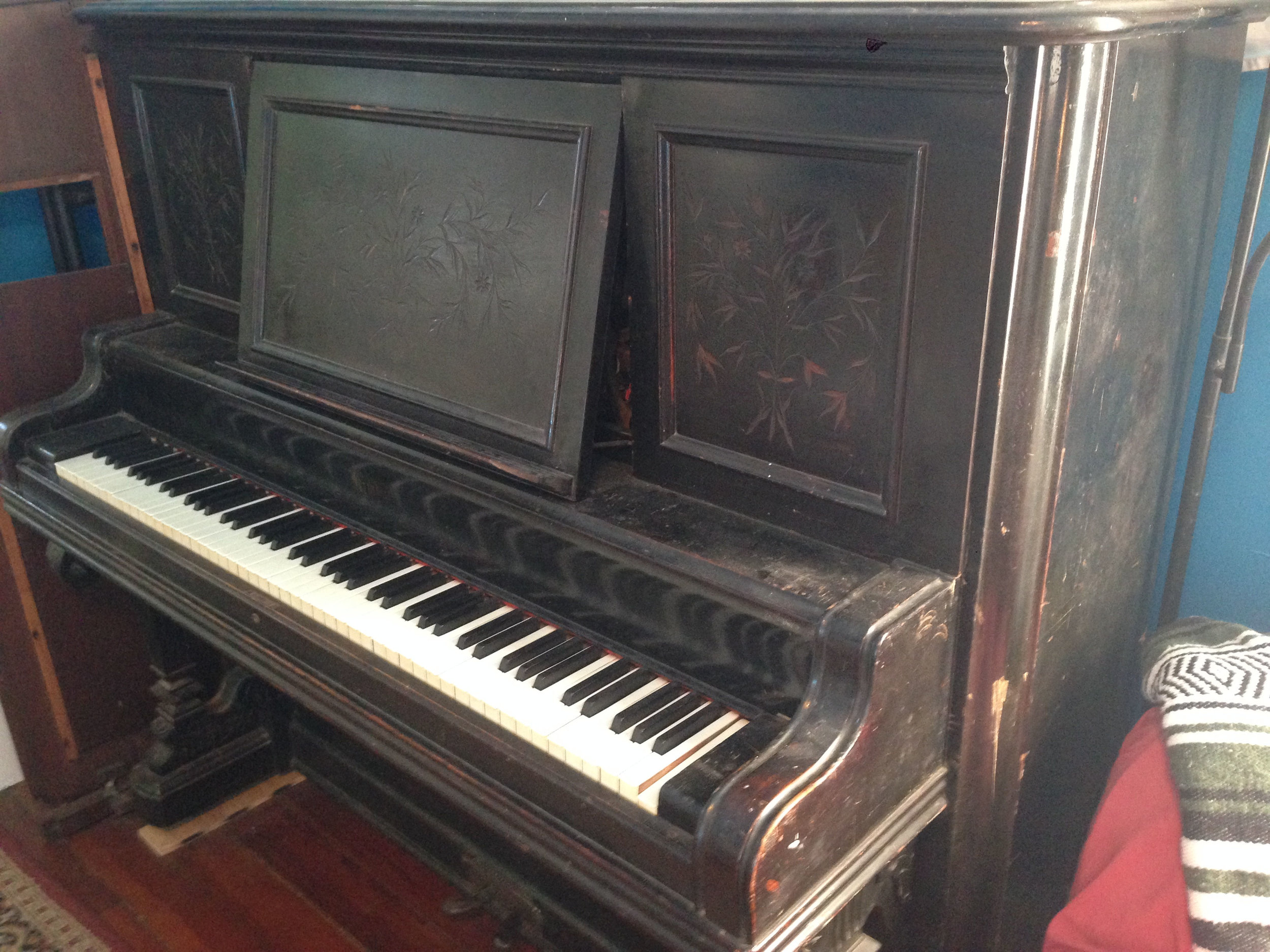Photo by Ketut Subiyanto from Pexels
This blog post was adapted from an email correspondence between NolaPiano owner Ryan Peterson and a young piano tuner in South Carolina.
I am always glad to meet other young piano techs, especially ones who are cognizant of the growing issues we collectively face in 2021.
I wrote a blog post a few years ago that touched on the lack of diversity in the piano tech industry in the US. That short blurb was a result of the frustration I felt over my years tuning in the US, watching the spread of the #MeToo movement as well as rampant racial injustice perpetrated by police. As I looked around at the industry around me, I started to worry.
Basically, during my time actively tuning in New Orleans, I noticed that piano technicians (in the US) as a whole are a fairly homogeneous bunch. Of all the tuners I met at various PTG meetings and through personal interaction, the vast majority were white men over the age of 45. This is in a city that is 60% Black, 52% women, and half of all businesses are owned by BIPOC. In my time there, I met a single woman tuner, who was also one of 3 tuners in town below the age of 45 (including me). I did meet several other young people who were learning the trade, (some of them women, all of them white) but as far as I know all of them have since moved on to other professions.
I consider this to be a huge problem for a few different reasons:
1. On the topic of people of color working in classical music, I consider it to be an absolute travesty that in a place as brimming with musical talent as New Orleans, where the black kid who plays the sousaphone in the marching band is more fervently worshipped than the quarterback of the high school football team, that an entire genre of music is still not seen as an option for kids in this community. In the place that spawned world-class Black pianists like Jelly Roll Morton, James Booker, and Jon Batiste, the fact that area schools are not using these musical revolutionaries to show kids their potential in the field is disheartening. I believe that the path toward diversity in the piano technician field starts with improving access to the piano itself in these communities. I can only assume that the situation is far worse outside of the musical Eden that is New Orleans.
2. On the topic of women working in technical trades, despite the attempted refutation of many male technicians, women still face huge barriers to entry into a mechanical field such as ours. Whether it be on claims of physical strength, sexual harassment and power dynamics in master-apprentice relationships, or facing old stereotypes about the ability of women to do technical work. On top of that there is also an extreme lack of women role models in the field. There exists a chicken-or-the-egg problem of "Well, if there is no-one who looks like me already in this field, it must just not be for me."
According to Zippia, the level of diversity in the piano repair field has either stayed the same or slightly decreased in several metrics since 2010. BIPOC classical musicians report regularly facing hurdles that their white counterparts do not. And while representation of Asian and Pacific Islanders in orchestras has been trending upward, other ethnic groups are still vastly underrepresented.
I have previously attempted to approach this issue in the piano technicians listserv (pianotech@googlegroups.com), and was each time met with an outright denial that the issue exists. I have since given up on that approach and resigned myself to the fact that said listserv is just an old-boys club and is not interested in confronting the flaws in their industry in a way that would bring it into a new age.
One thing that does give me hope is that over the past few years while I haven't been actively working as a piano technician, many people around the US, Europe, and Canada have contacted me through my blog, and I have found this subset of tuners to be astoundingly diverse. As such, I have been doing what I can to encourage them and help them stay the course and prevent this profession from fading into old white obscurity.
I believe apprentice programs are a huge piece to this puzzle. This is not an easy industry to break into for anyone, especially with the old-timers vehemently holding on to the status quo that has and still benefits them, for fear of losing control over their hand-full of zip codes. This is a losing battle as we all drown in the death of the analog piano. In my opinion, the best way for this industry to survive the digitization of society is to make both the artistic and the mechanical sides of the piano more accessible to all people, regardless of age, race, gender, or social status.
Anyways, that's my rant for now. I'm curious to hear my readers’ takes on this topic.












I have been servicing and tuning pianos in NOLA since 2012 after first becoming interested in piano technology in 2009. With a background in teaching bicycle mechanics, I bring a methodical mindset and a love of sharing knowledge and skills to the rich musical culture of New Orleans.